Black Households in the United States
Significance:
In the United States, Black Households are an important part of the marketplace. This month’s newsletter includes all primary heads of households (HHs) who self-identify as Black regardless of their country of birth or citizenship status. They represent 14% (or 20 million) HHs. Subsegments of Black HHs—such as single-headed HHs, traditional nuclear-family HHs, Affluent, and Emerging Affluent HHs—may represent better growth opportunities for certain financial products and service providers than others.
Background:
In 1963, Dr. Martin Luther King delivered his “I Have a Dream” speech. During the intervening 60 years many facets of the Black experience in America have changed—some for the better, some not at all.

Financial stability for Black HHs has improved but policy decisions to keep people in poverty persist. In 2022, fewer Black HHs than previously struggled to make ends meet (49% in 2012 to 29% in 2022): A stubborn 10% require assistance. The financial situation for Black women continues to improve: Single female HH heads with a 4-year college degree or higher currently outnumber educated single male heads (28% versus 20%). Only one-third of Black HHs own a home compared to 67% of all HHs, but first-time Black home ownership is now about the same as all HHs. Ownership of a business or private practice by Black HHs is also on par with the average for all US. Compared with non-Black households, income and assets are still below average except for superstars, professionals, and the few Black CEOs. Pandemic stimulus checks and moratoriums helped many HHs payoff bills and catch-up with monthly expenses. Since these ended, and with inflation’s emergence, some Black HHs could easily slide back into poverty. In 2022, the Supplemental Poverty Measure (SPM) rate increased 4.6 percentage points and ”the SPM child poverty rate more than doubled to 12.4%.” A July 2023 Pew Research report finds that 68% of Black adults “say they do not have income to live the kind of life they want, but a majority are optimistic that they will one day.” Despite challenges, the 2022-23 MacroMonitor finds that one-in five Black HHs believe the next generation will be better off; dual-headed Black households and HHs with children are among the most optimistic. |
Behaviors and Attitudes:
Black HHs are more familiar with depositories than with other types of financial institutions. Trust in banks and credit unions is higher than average and so are Black HHs expectations. Half or more of Black HHs think it’s very important that financial institutions support the social issues that affect them most. Four in ten Emerging Black Affluent HHs prefer to do business with institutions that are committed to more than the needs of its investors versus 27% of All US HHs. |

Black HHs have a median annual HH income of $40k with an average of $910 in a typical month’s discretionary dollars. That’s not a lot of financial wiggle room for emergencies or to make investments. Understandably, concerns about debt are above average as are concerns about family finances in the event of death. To help manage spending, almost twice as many Black HHs as all HHs agree that BNPL (Buy Now Pay Later) is a smart-payment option to afford items without adding to HH debt.
One-quarter of Black HHs want to leave an estate for their heirs. A mean net worth of $274,000 will not sustain a HH for very long. Seven-in-ten Black HHs agree that “life insurance is a good way to protect my family’s lifestyle”—roughly two-in-ten HHs have at least one head with an individual life insurance policy (above average for all HHs). More Black HHs than other HHs find the death protection provided by life insurance to be of value. Individual life insurance, paid for in small monthly amounts, is an affordable alternative for inheritance in the absence of savings and investments.
Insights
- Discrimination is the #1 concern to which Black HHs want financial institutions to commit. You may have upped your game, but are you making authentic moves that Black people can relate to?
- Most Black HHs must be cost conscious however, many say that quality is more important than cost. ‘Quality’ to someone with comfortable savings and an investment portfolio is far different from someone with low discretionary dollars unfamiliar with many financial products and services. This means building real value into offers intended for all low-resource HHs and marketing that value to people who don’t look middle-class or affluent.
- In addition to helping Black HHs with wealth-building that comes from home ownership, there are opportunities to help a higher proportion of Black HHs afford ownership by supporting low cost-of-entry products, helping to eliminate pay inequality, and a commitment to publicly support one or more of their concerns.
- Society benefits when all groups improve. Financial institutions have an important role to play by continuing to promote, foster, and build on the recent gains that Black households have made.
Don’t miss the next in the series of 2-Minute Brief videos: Black Households on RFI Global MacroMonitor.
To learn more about Black households and different segments including single-headed households, traditional nuclear families, financial social influencers, emerging affluent, affluent and others, ask us about The 2023 Black MacroMonitor program.

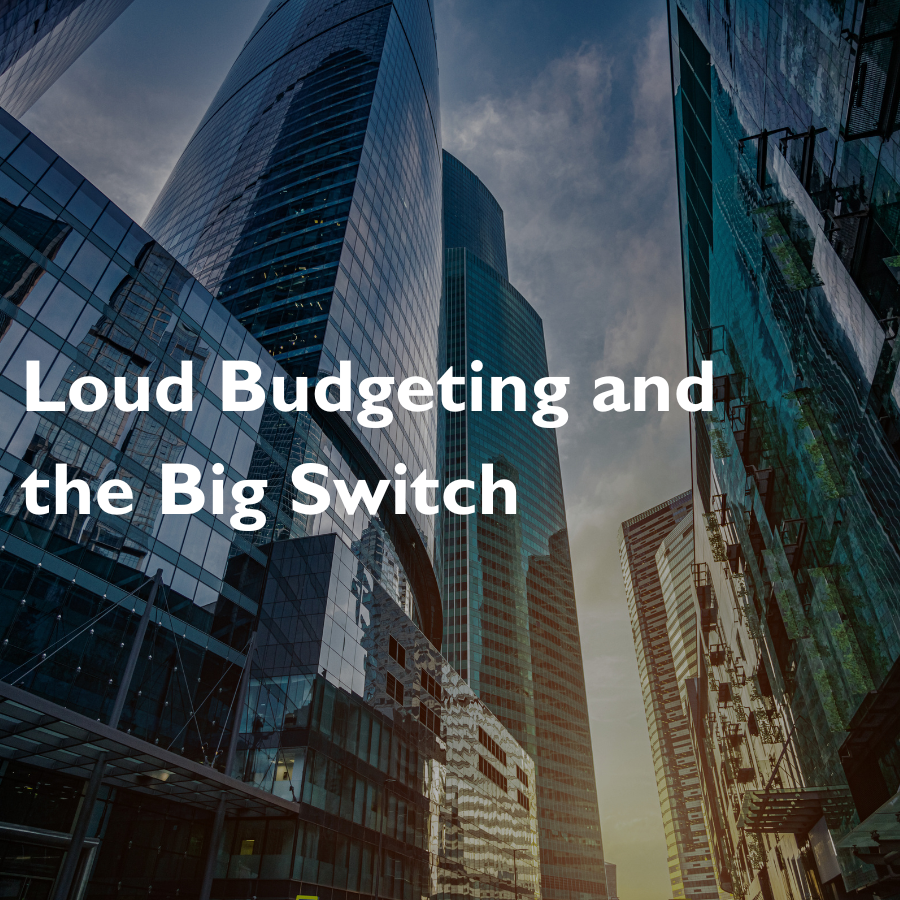

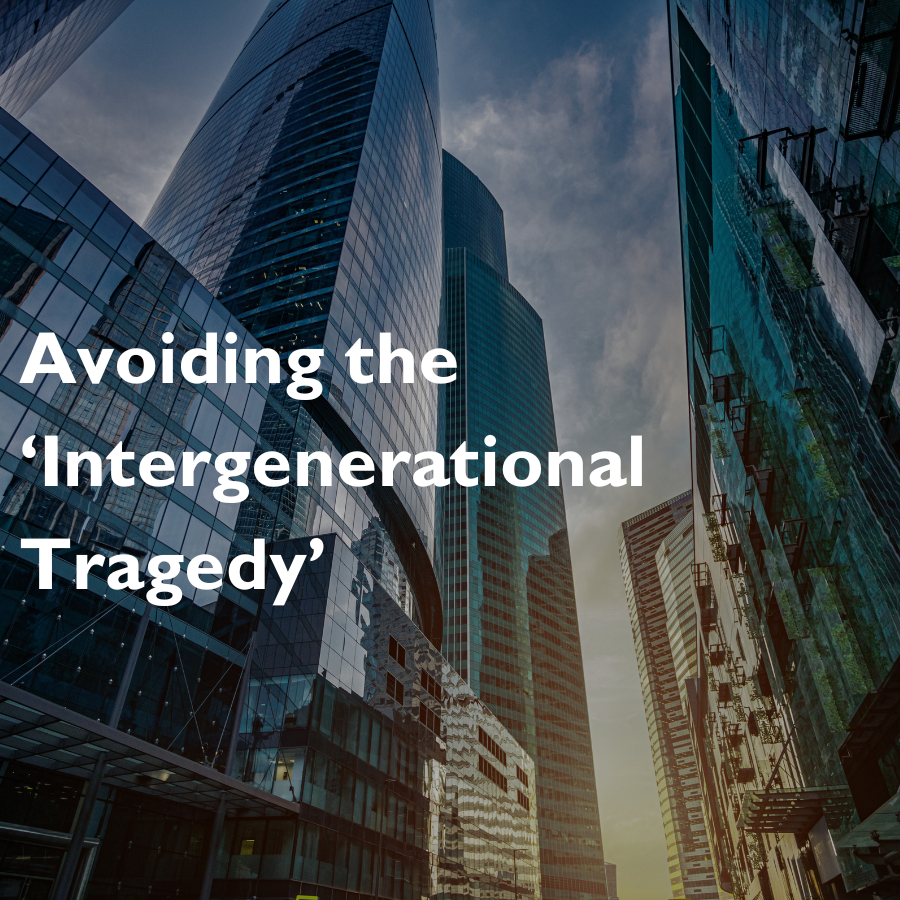

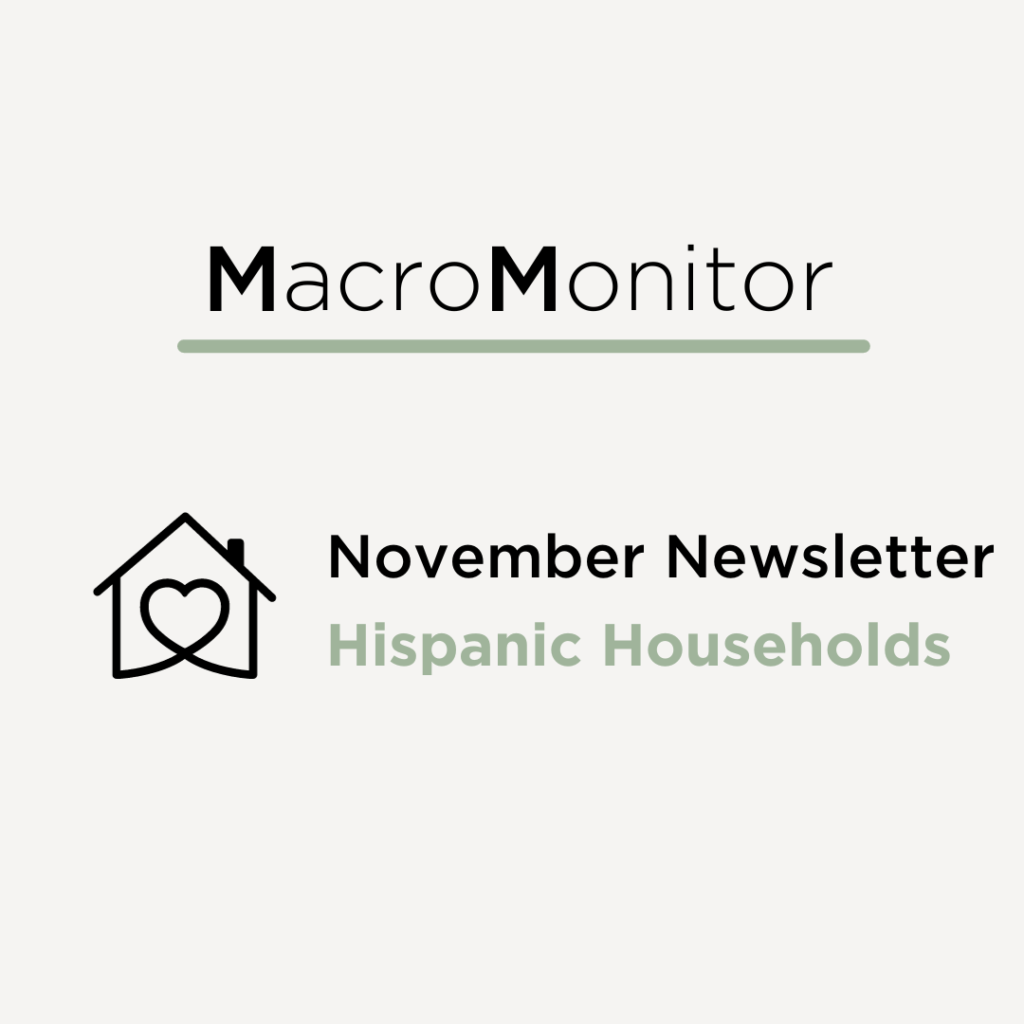
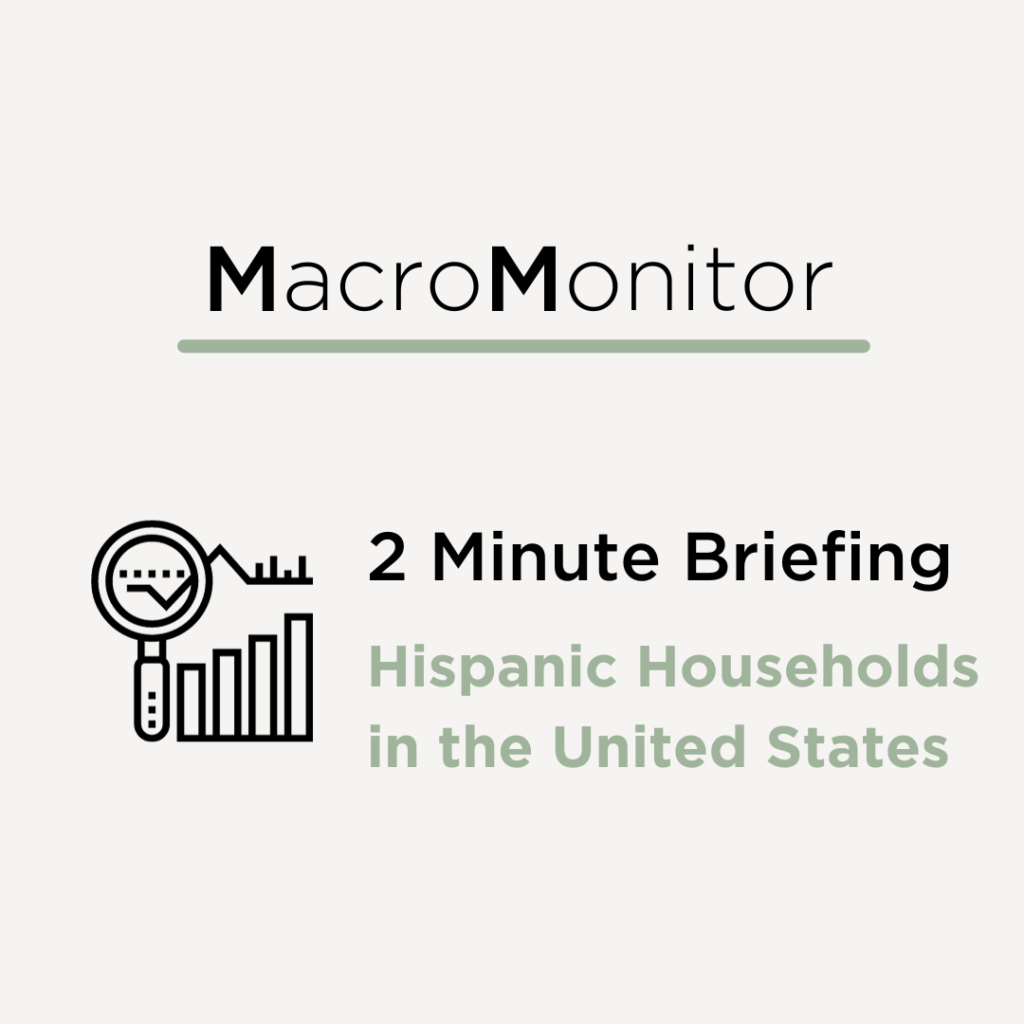













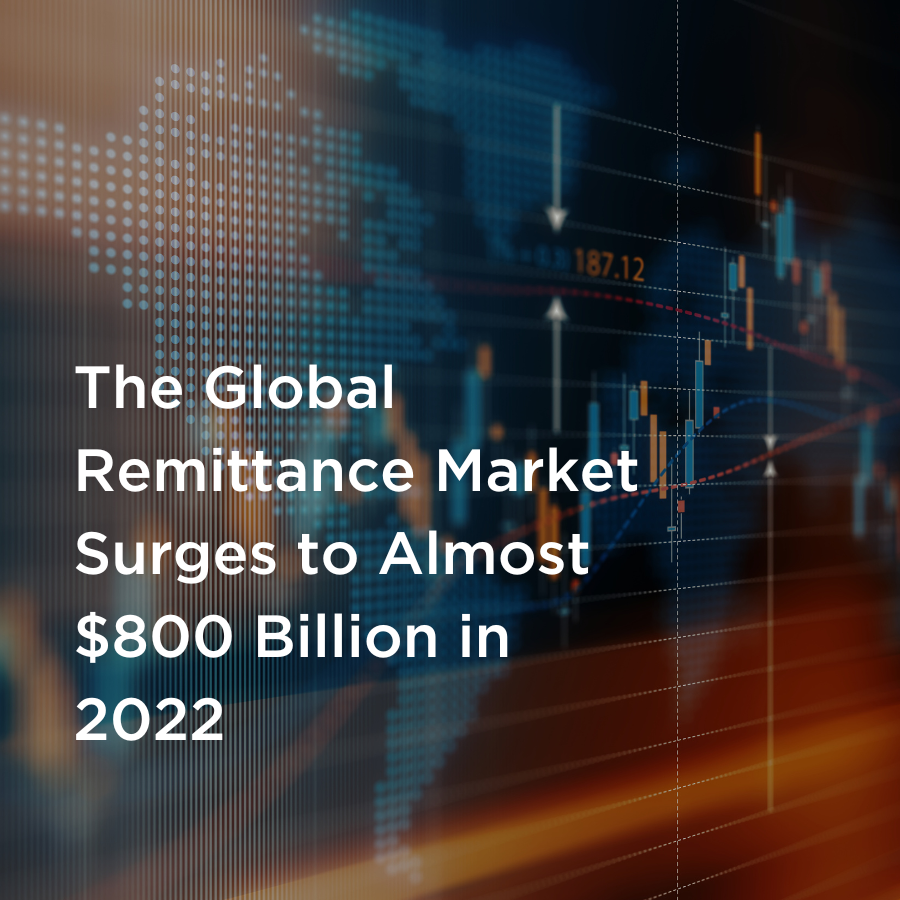





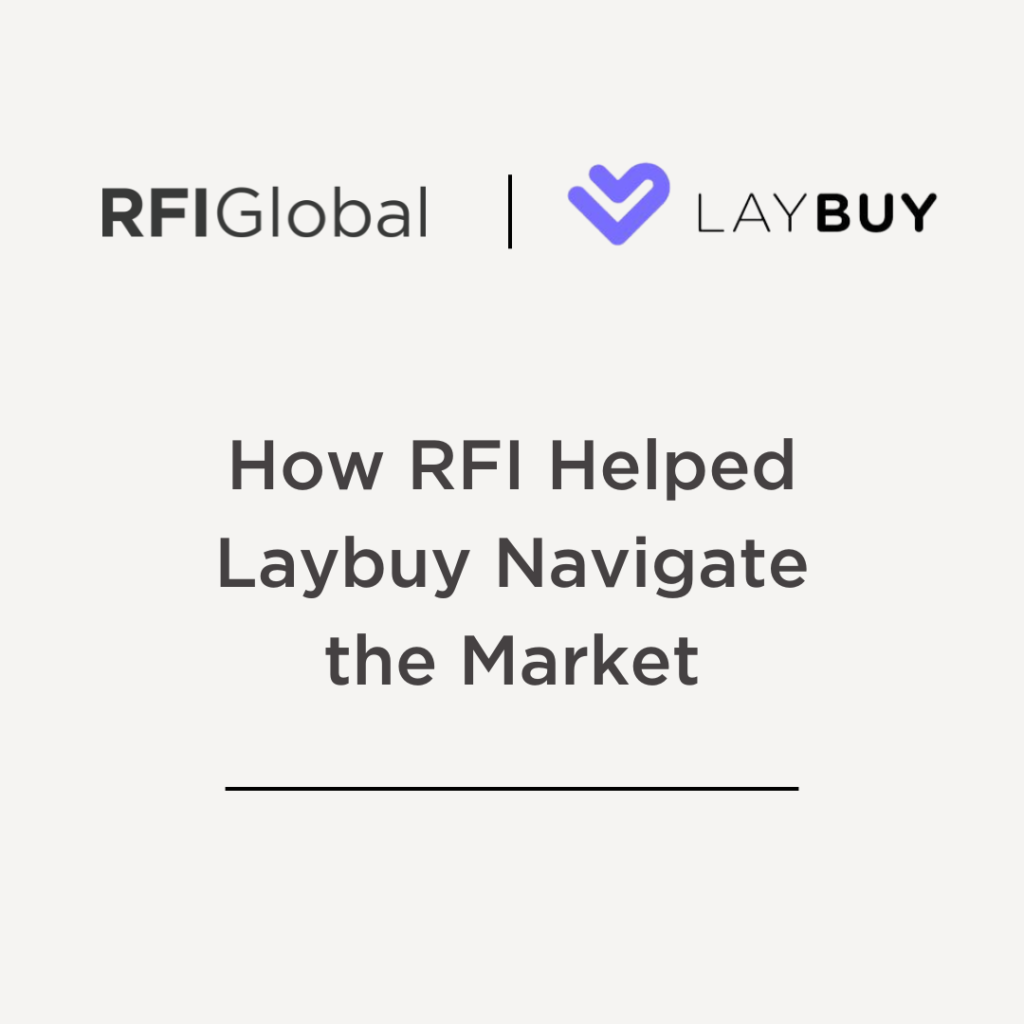
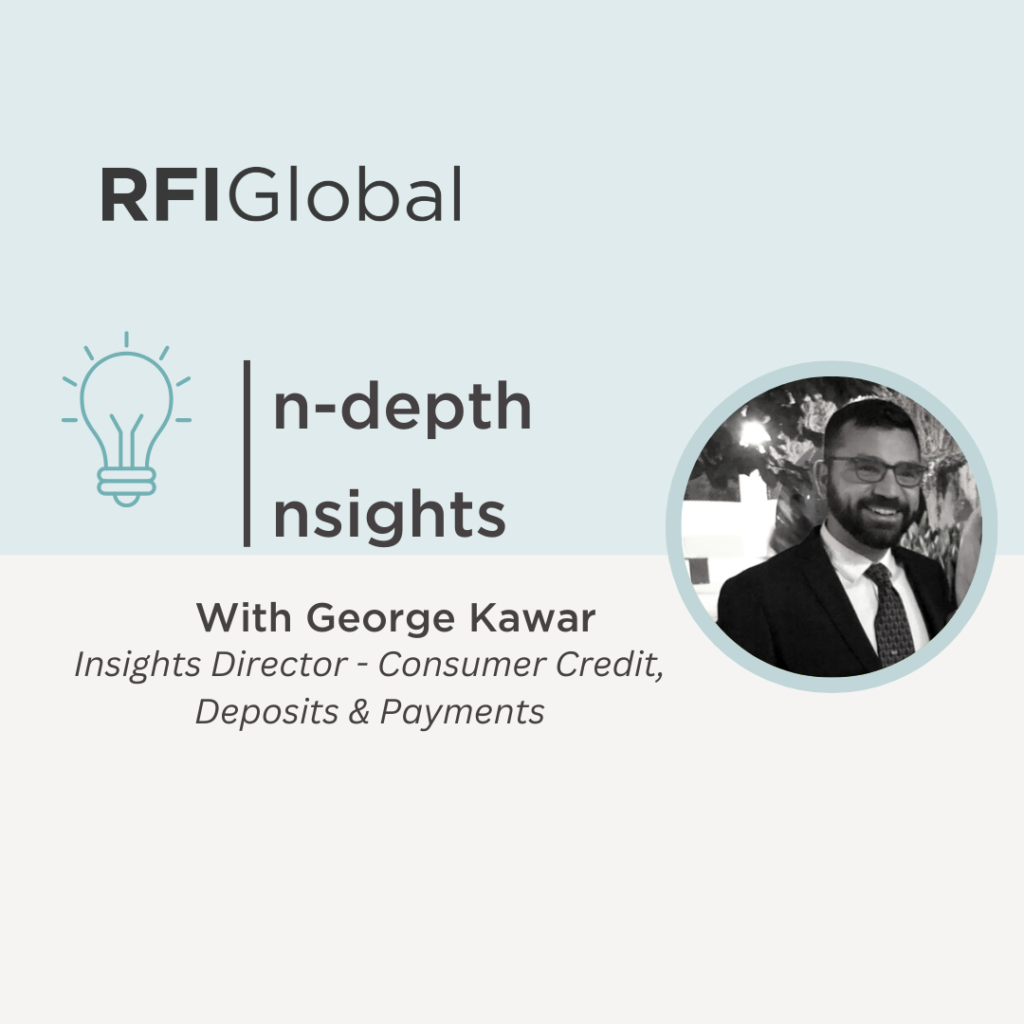
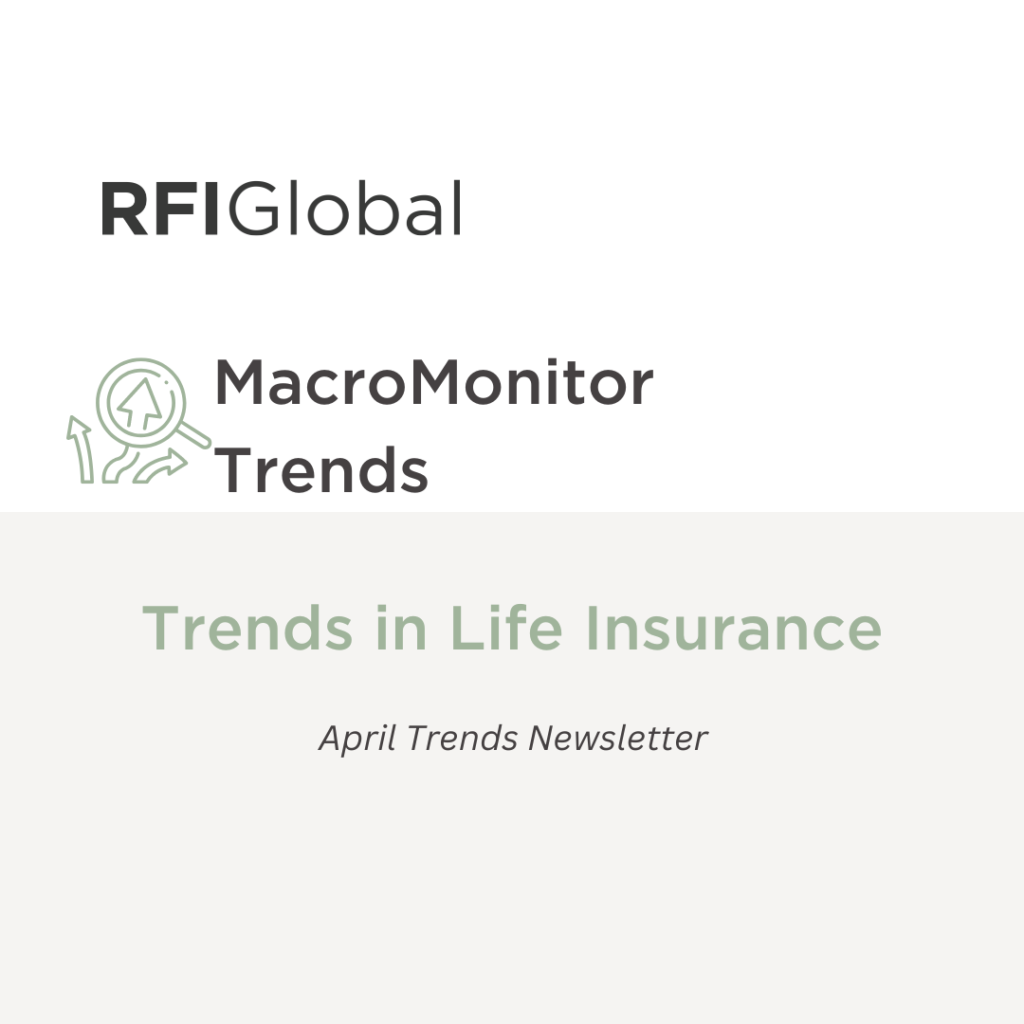

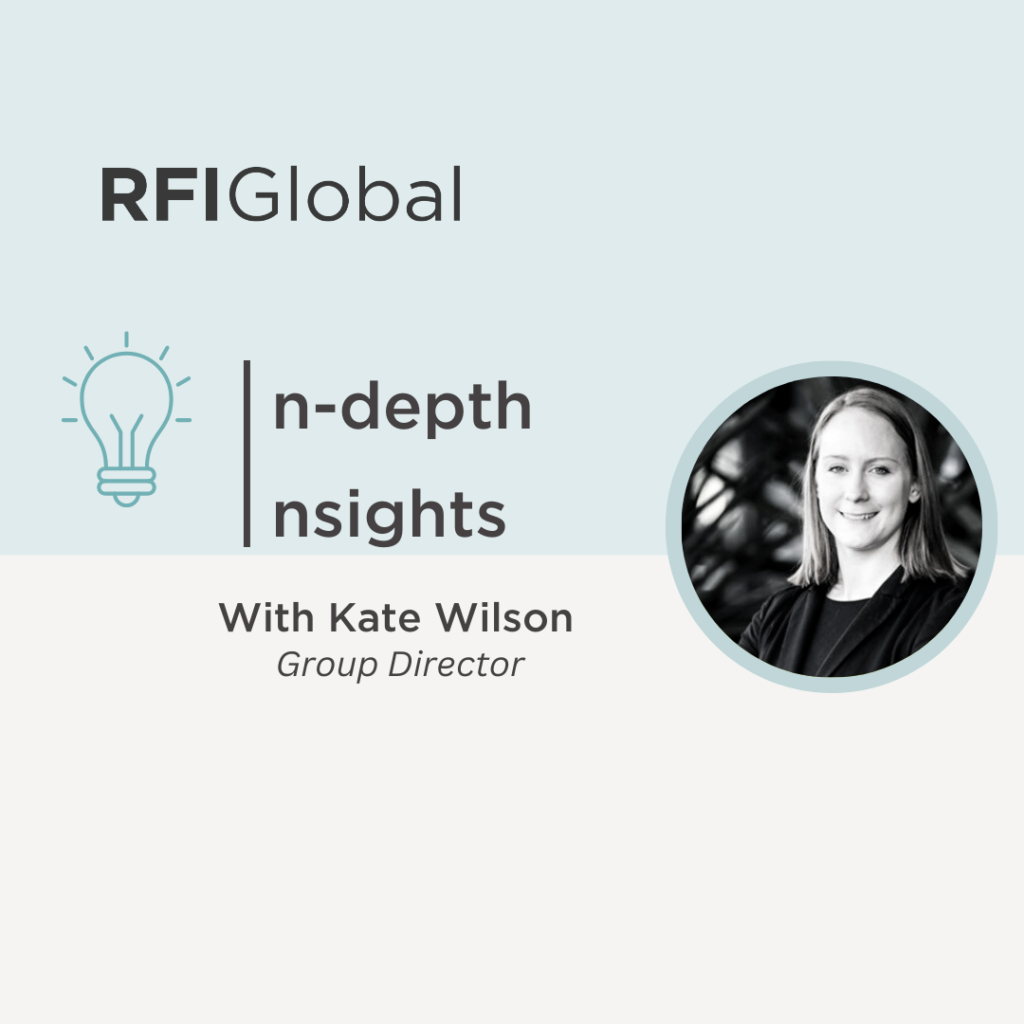

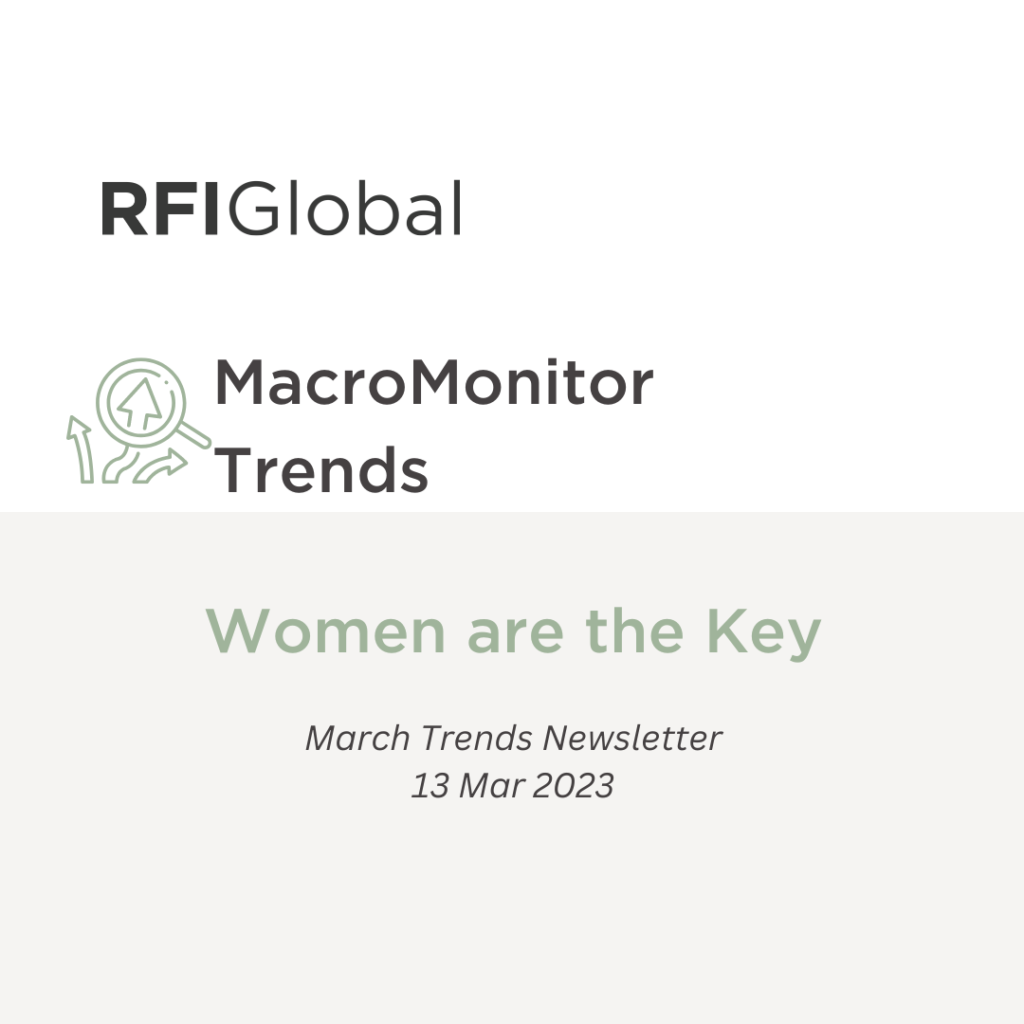

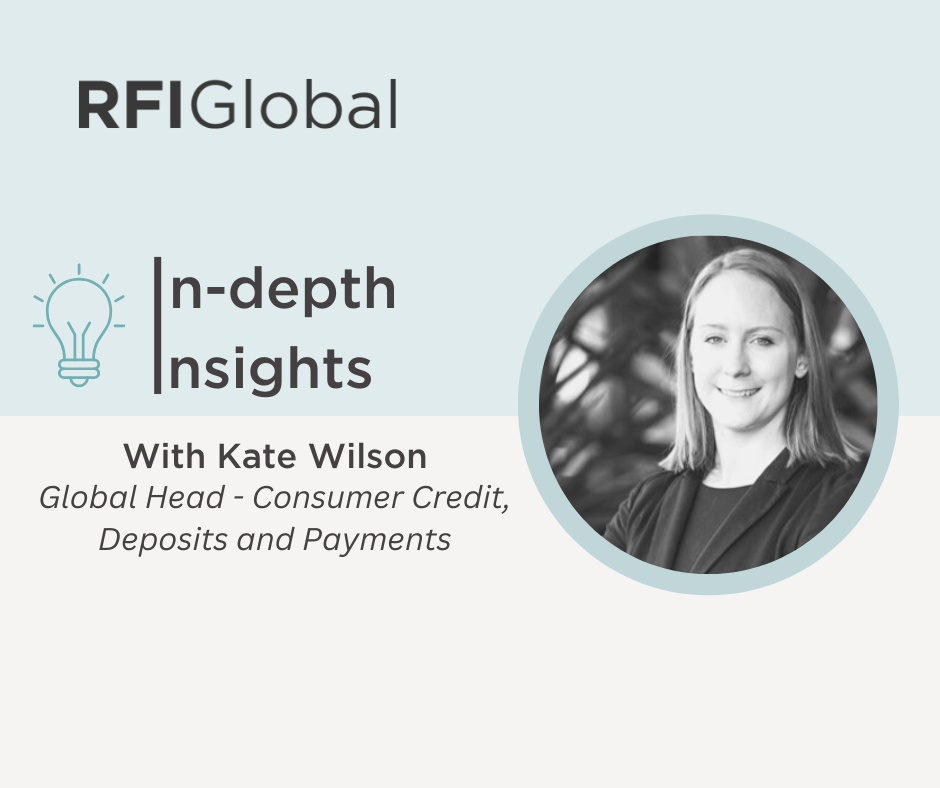
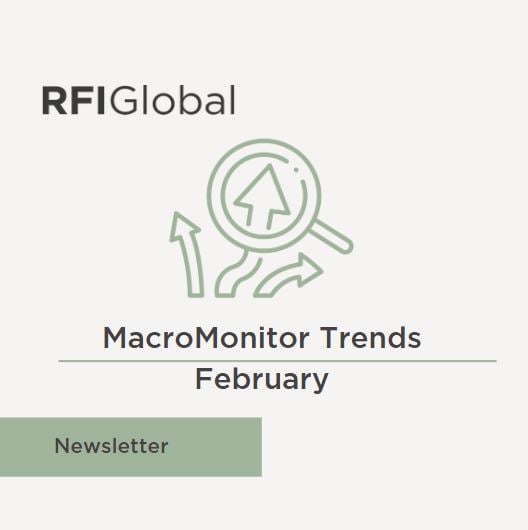


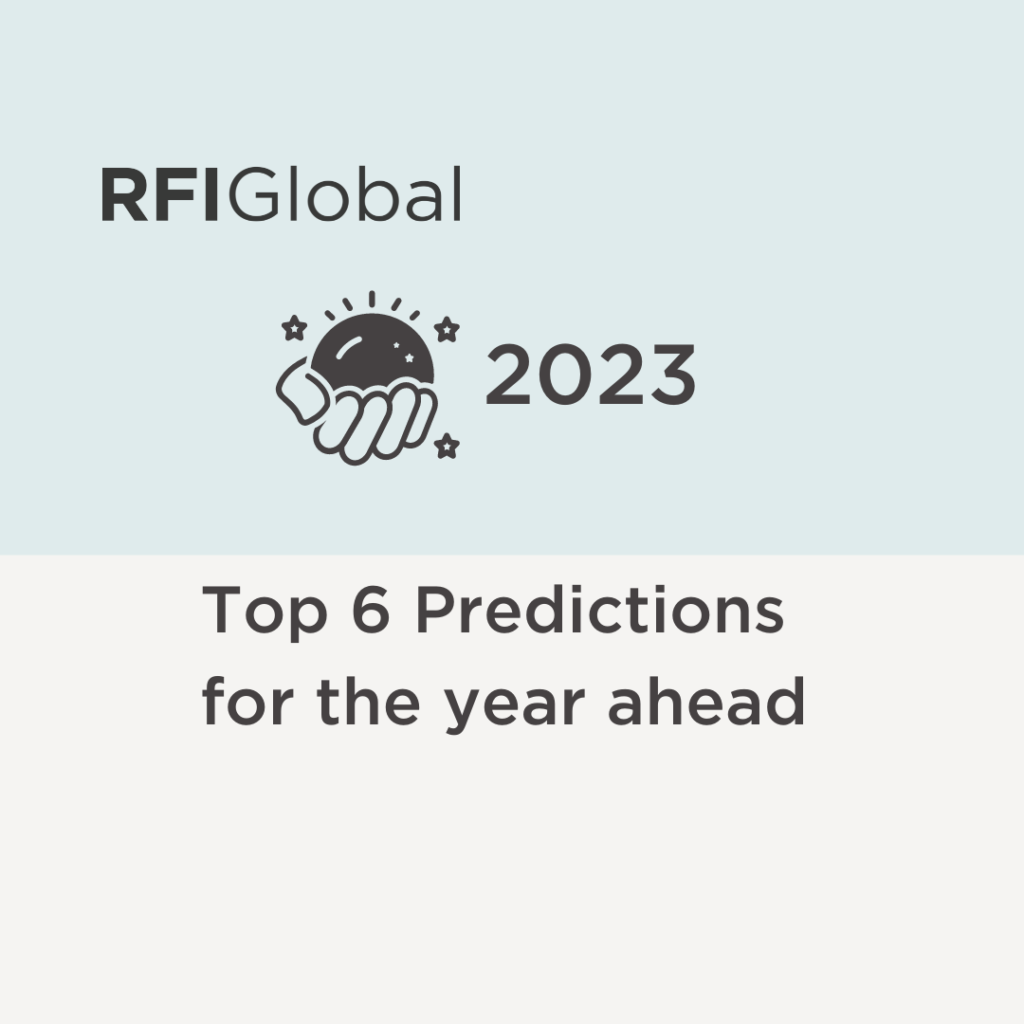
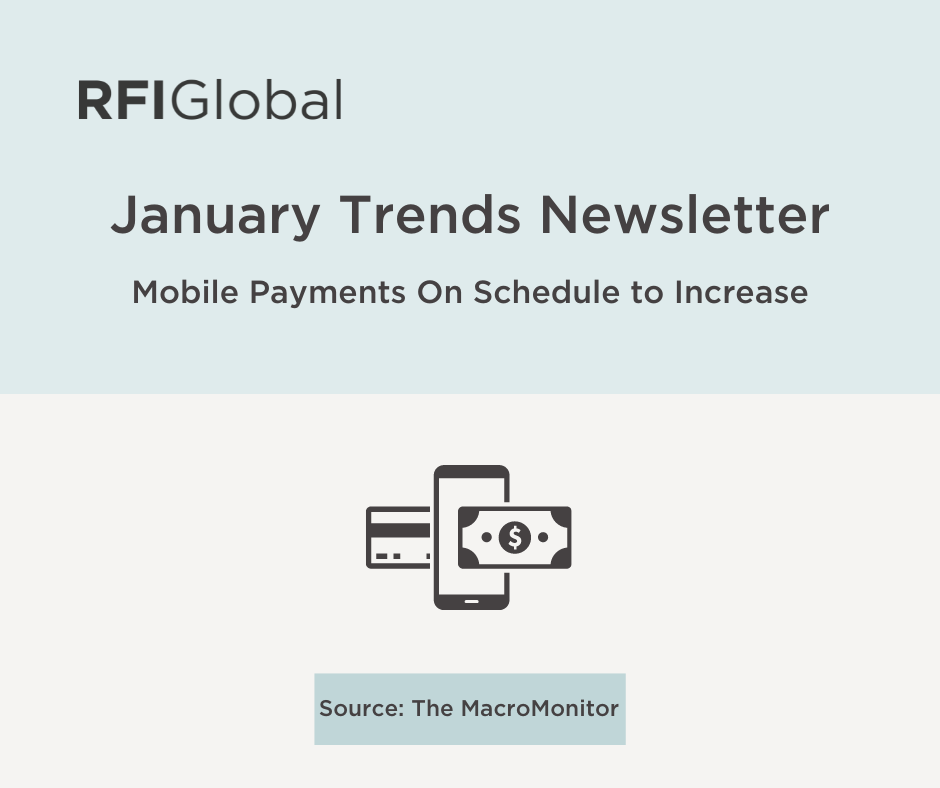
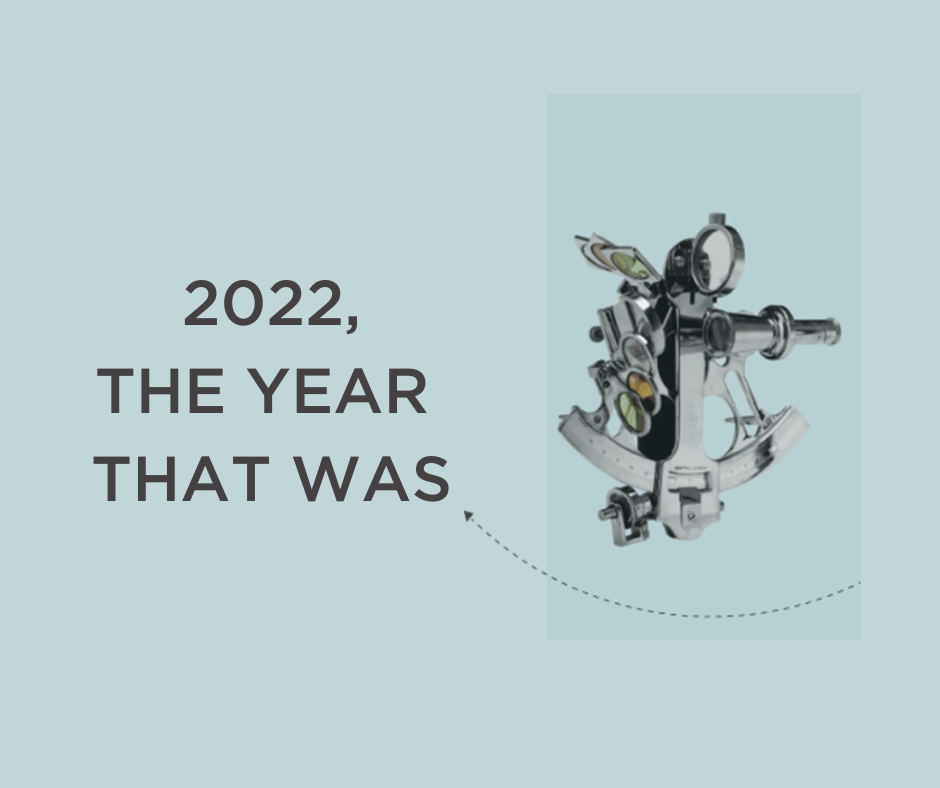








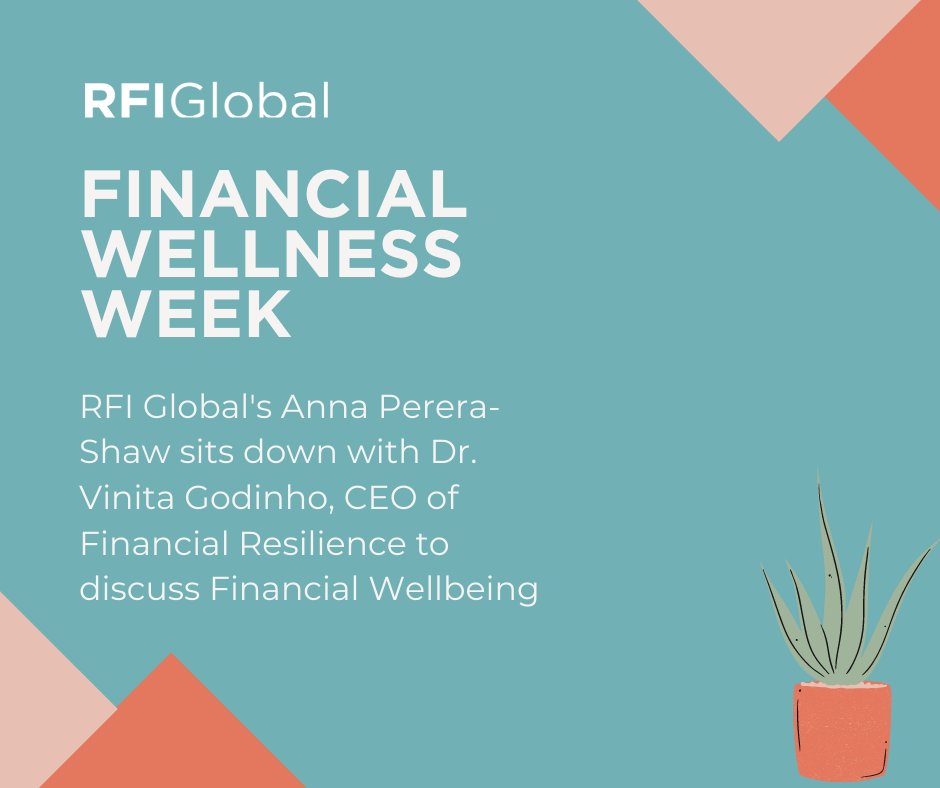





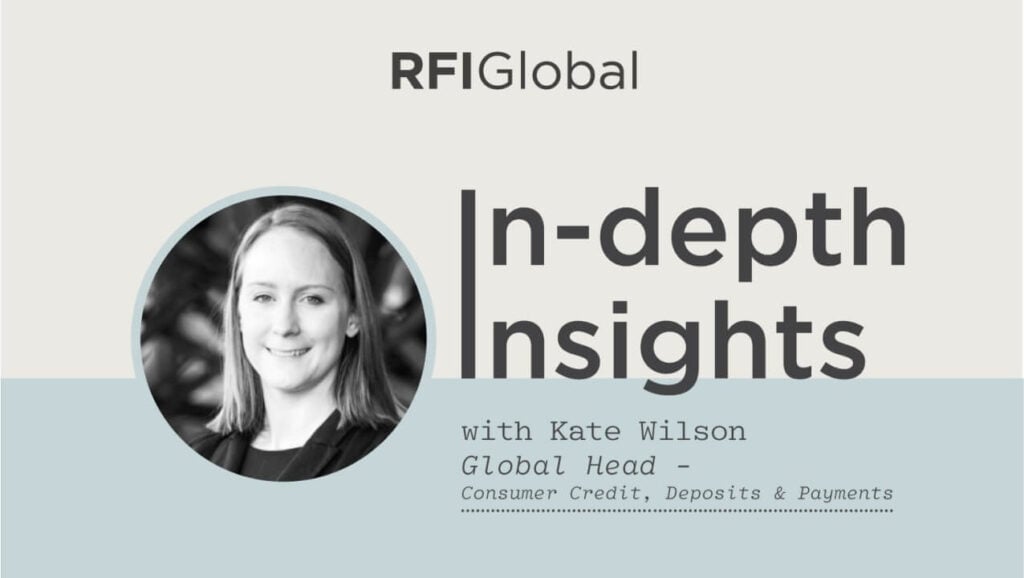













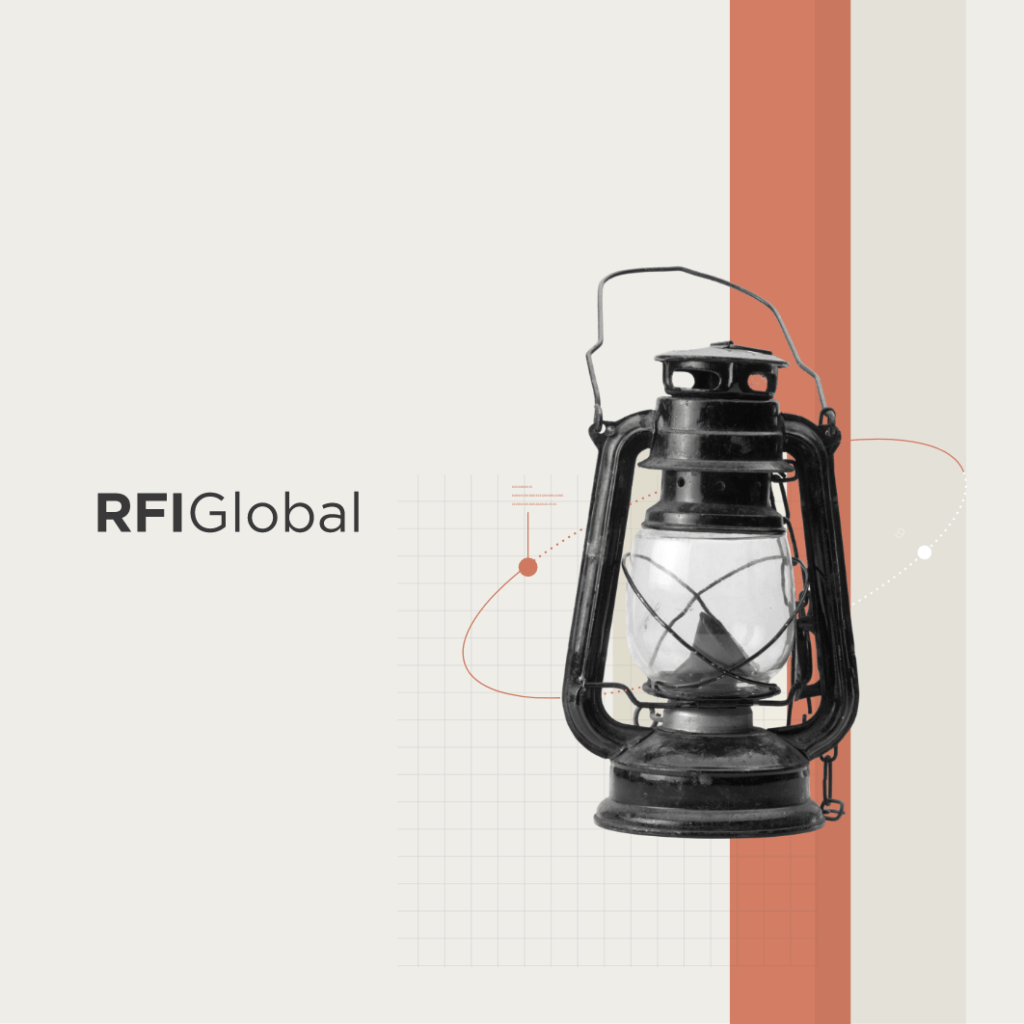

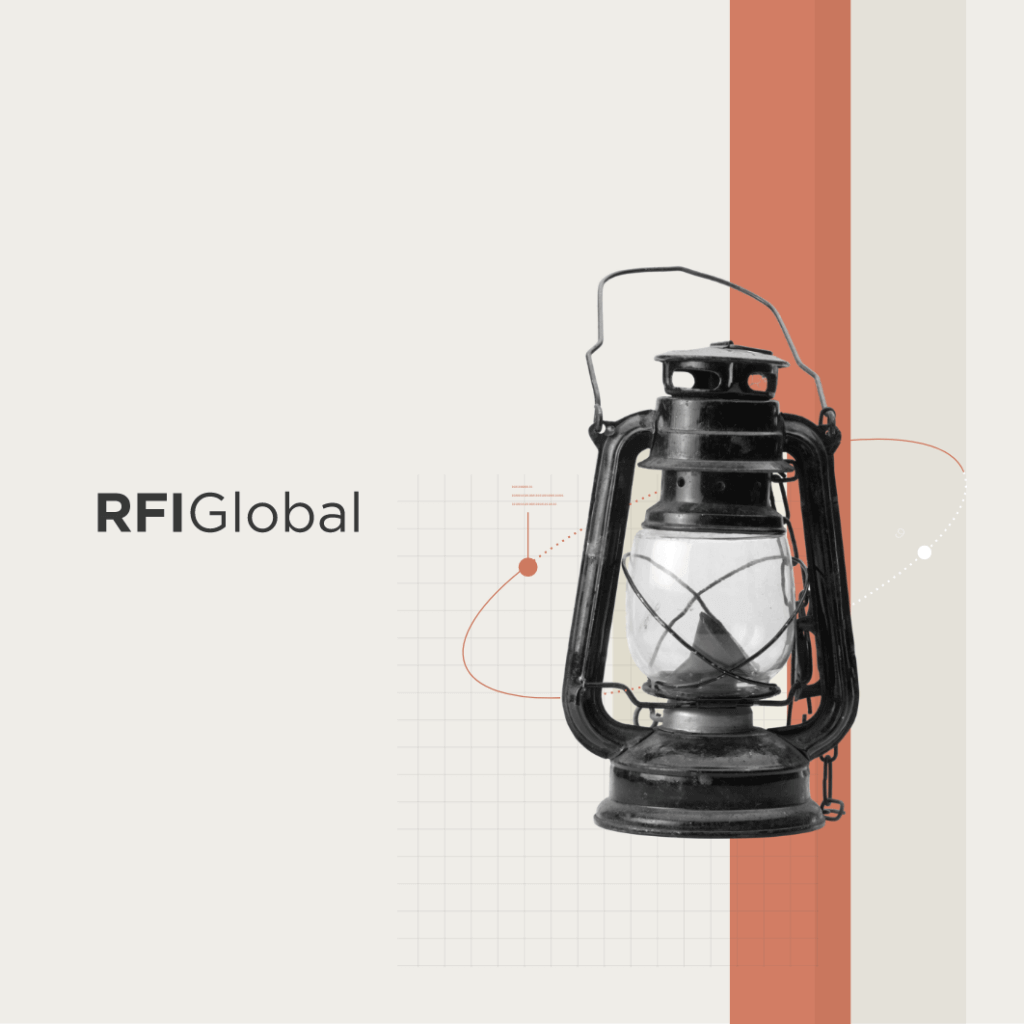
/NQA-ISO-27001-Logo-UKAS.jpg)